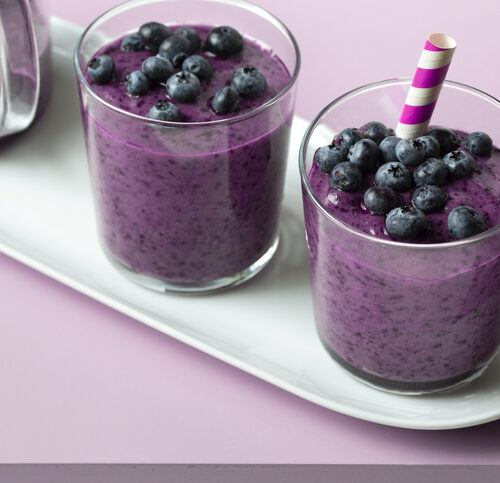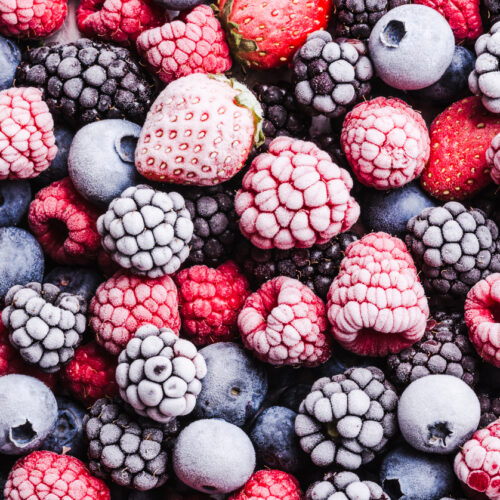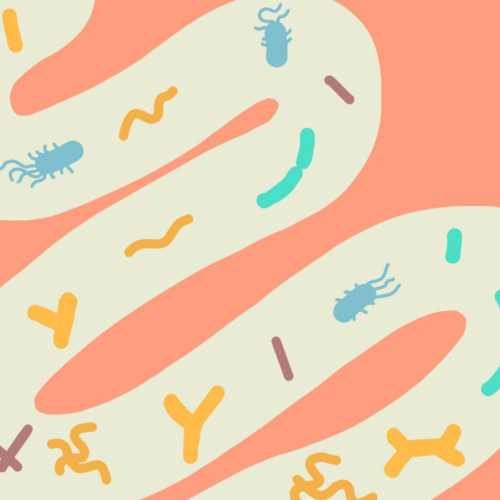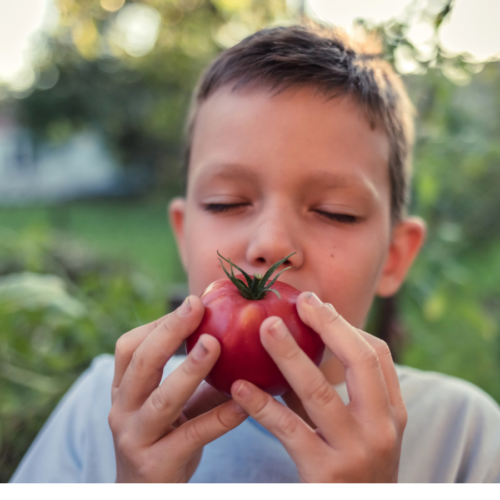
Q: “As you know, for the month of Ramadan, Muslims don’t eat or drink between 4am and (about) 7pm. What should people eat if they are observing this practice and being active or training regularly?”
Firas
A: HFG nutritionist Claire Turnbull responds:
During the month of Ramadan, those of Muslim faith observe a period of fasting between dawn and sunset. The elderly, chronically ill, and women who are pregnant, breastfeeding, or menstruating are exempt.
At dawn, the first meal of the day (Suhoor) is a really important time to stock up on energy-rich, nutritious foods and fluids which will keep you going for as long as possible. Try oats, grainy low-GI breads, basmati rice with eggs, cheese, milk, yoghurt and fruit. For example:
- Large bowl of porridge with chopped bananas and raisins topped with yoghurt
- Beans on toast topped with grated cheese, and a glass of milk
- Rice with stir-fried meat/fish and vegetables topped with nuts, and a glass of milk.
Exercising during the fasting period is not ideal as your body will end up burning muscle as well as fat and carbohydrate. You may consider reducing your training over the fasting period or doing it later in the evening after the first meal at sunset (Iftar).
If you plan to exercise after sunset, aim to rehydrate and refuel yourself as soon as possible. Try a sports drink and carbohydrate-rich meal/snack such as milk, flavoured milk, yoghurt, fresh or dried fruit, white breads and rice. Use a sports drink during training and then immediately after exercise. Aim for a carbohydrate and protein-rich meal which is low in fat. You could try pasta, rice or breads with meat/fish/eggs and vegetables. Drink milk or fruit juice to replenish carbohydrate stores.
If you do exercise during the fast, just keep it light and avoid hot, humid environments which are likely to make you sweat a lot and become dehydrated.
www.healthyfood.com











